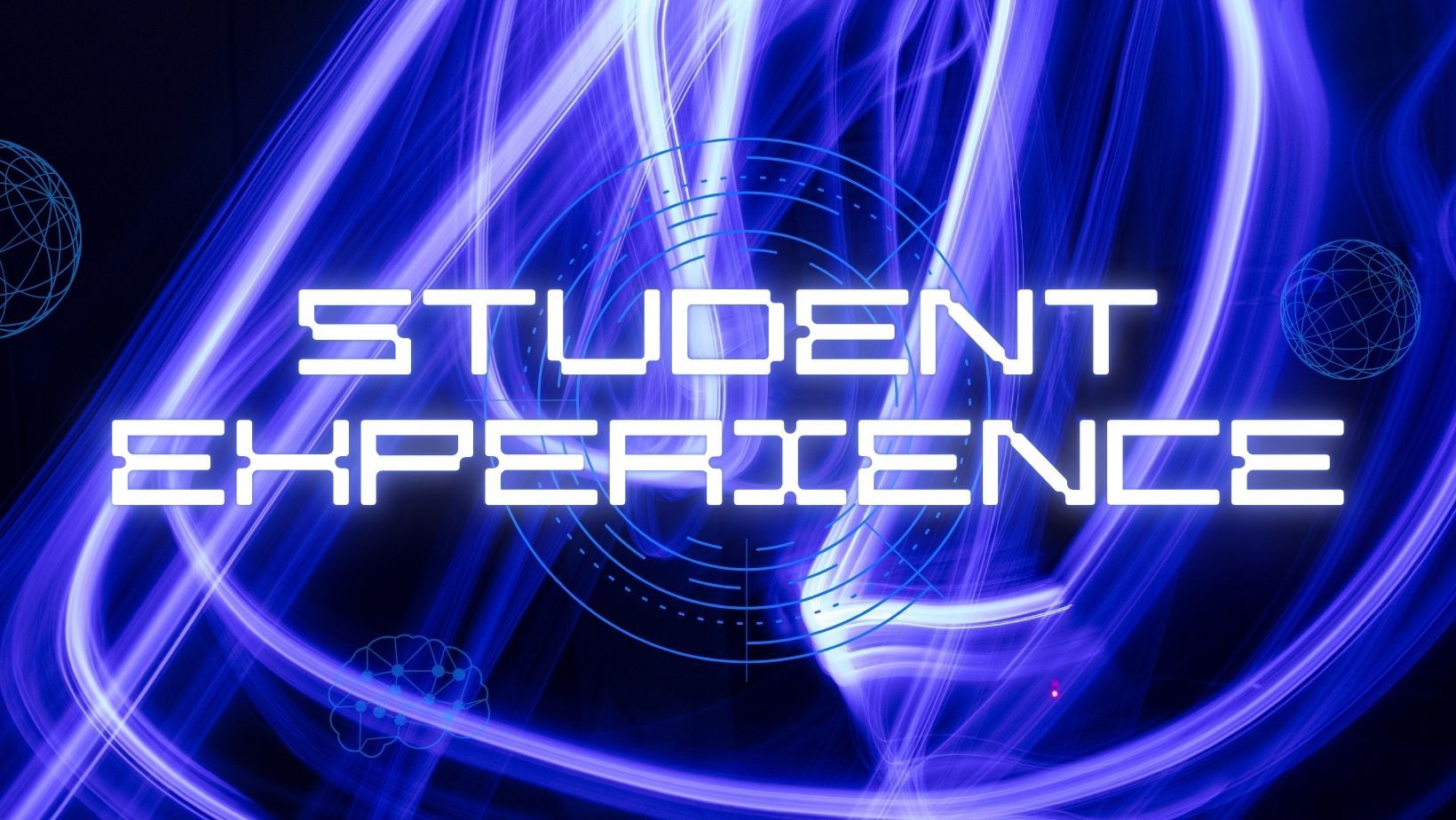In today’s tech-driven job market, having only academic credentials is no longer enough. Employers increasingly look for real-world skills, problem-solving abilities, and collaborative experiences. That’s where a technical portfolio for…

How Students Can Start Their Machine Learning Journey
Machine learning (ML) has become one of the most in-demand skills in today’s tech-driven world. From artificial intelligence and data analytics to automation and predictive modeling, machine learning is transforming industries at an incredible pace. For students and beginners, understanding the fundamentals of ML can open doors to exciting careers in AI, data science, and technology innovation.
What is Machine Learning?
Machine learning is a branch of artificial intelligence that enables computers to learn from data and improve their performance over time without requiring explicit programming. Instead of following fixed instructions, ML models identify patterns, make predictions, and adapt to new inputs.
It is utilized in various areas, including recommendation engines (such as Netflix and Amazon), voice assistants (like Siri and Alexa), fraud detection, and autonomous vehicles, making it a powerful and versatile skill to acquire.
Essential Skills for Machine Learning Beginners
To start your journey in machine learning, you’ll need to build a strong foundation in several key skills:
- Programming Skills:Python is the most popular language for ML, thanks to its simplicity and rich ecosystem of libraries such as NumPy, Pandas, and Scikit-learn.
- Mathematics and Statistics: A good grasp of linear algebra, calculus, probability, and statistics is essential for understanding ML algorithms.
- Data Analysis and Visualization: Learn tools like Matplotlib, Seaborn, and Tableau to interpret data and present insights effectively.
- Machine Learning Concepts: Understand supervised, unsupervised, and reinforcement learning, along with common algorithms like decision trees, regression, and neural networks.
Top Platforms and Tools to Learn Machine Learning
Learning ML becomes easier when you use the right platforms and resources. Some recommended options include:
- Google Colab: A free, cloud-based environment for running Python notebooks.
- Kaggle: Offers ML competitions, datasets, and tutorials.
- Coursera & edX: Provide beginner to advanced ML courses from top universities.
- TensorFlow & PyTorch: Leading ML frameworks for building and deploying models.
Career Opportunities in Machine Learning
Machine learning opens up a wide range of career paths for students, including:

- Machine Learning Engineer: Design and deploy ML models for business applications.
- Data Scientist: Extract valuable insights from large datasets.
- AI Researcher: Develop advanced AI algorithms and applications.
- Automation Engineer: Create systems that streamline tasks using ML-based automation.
With industries like healthcare, finance, retail, and automotive embracing AI, the demand for ML professionals is growing rapidly.
How to Start Your Machine Learning Journey
If you are a beginner, follow these steps to start learning ML effectively:
- Learn Python and Data Science Basics: Start with beginner-friendly coding tutorials.
- Understand ML Algorithms: Focus on core concepts before diving into advanced topics.
- Work on Small Projects: Build hands-on projects like spam email classifiers or image recognition apps.
- Use Online Learning Resources: Explore MOOCs, YouTube tutorials, and interactive coding platforms.
- Join Communities: Engage with Kaggle forums, GitHub projects, and AI-focused LinkedIn groups.
Machine learning is no longer a niche skill—it’s a core requirement for many modern tech careers. By mastering programming, mathematics, and data analysis, and by leveraging platforms like Kaggle and Google Colab, students can build strong ML foundations. Start small, work on projects, and keep practicing to turn your beginner knowledge into a competitive advantage in the AI job market.
Latest Posts
Top Coding Skills for 2026: Python, SQL, JavaScript and DSA
In today’s fast-changing tech world, just learning one programming language is no longer enough. Companies now expect students to go beyond coding; they want problem solvers who can build real-world…
Lessons from My Full Stack Development Internship Journey
For most computer science and application students, the journey into coding begins with the friendly basics of HTML and CSS. We master layout, styling, and structure, and building a static…
From Hackathons to Horizons: My NASA Space Apps Journey
As a Data Science undergraduate, I’ve always been fascinated by the intersection of technology, environment, and storytelling. Among all my college experiences, participating in the NASA Space Apps Hackathon stands…
Top Government Exams You Can Prepare for After Graduation
Many Indian students face a crucial decision after graduation—whether to pursue higher studies, enter the private sector, or prepare for government exams. Government jobs in India are highly respected due…
Popular Posts
100+ Quantitative Aptitude Questions for Placement with Answers
Quantitative aptitude questions play a crucial role in campus placements, competitive exams, and entry-level job interviews. Whether you are preparing for your first job interview, an aptitude test for placement,…
How to Start an AI Career in India: Skills and Future of Work
Artificial Intelligence (AI) is revolutionizing industries worldwide. From automating routine tasks to enabling self-driving cars and intelligent healthcare diagnostics, AI is reshaping the future of work. For college students and…
How to Write Mail for Job Application – Explained
A job application email is a professional email that you send to a potential employer to express your interest in a job opening. It is typically accompanied by your resume…
Google Internship 2026 for Freshers: All You Need to Know
In the competitive landscape of technology careers, a Google internship stands out as a golden opportunity for aspiring professionals. Whether a college student or a recent graduate, securing an internship…
How to Write a Job Application Letter (With Samples)
When it comes to applying for your first job, making a great first impression is crucial. As a recent graduate, you might feel a little intimidated by the idea of…
